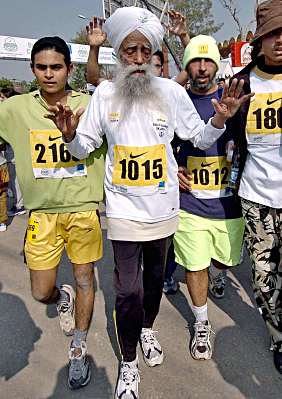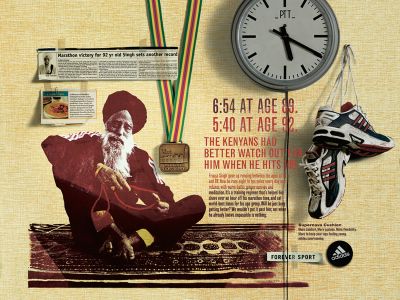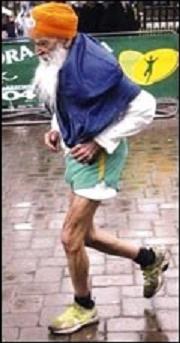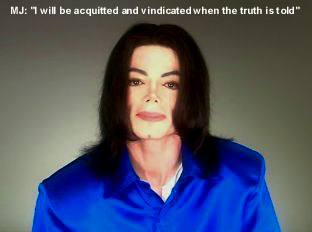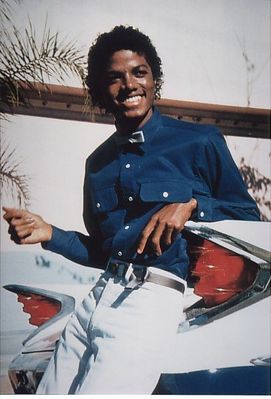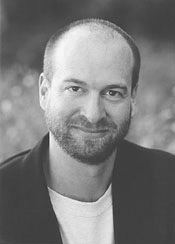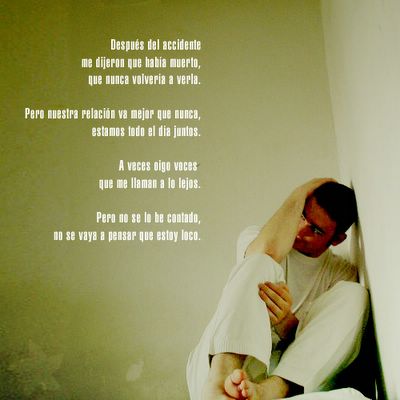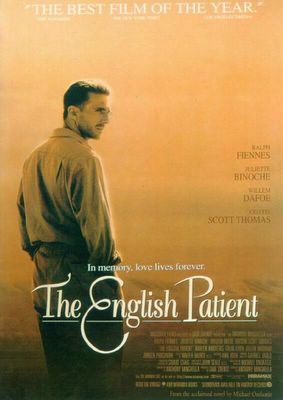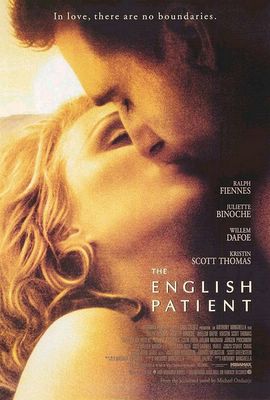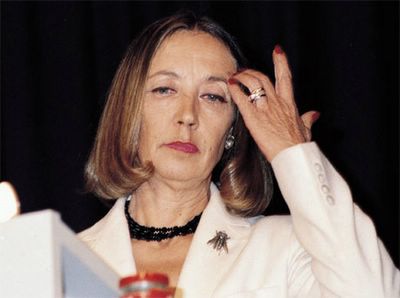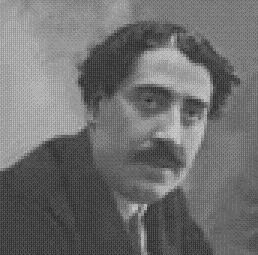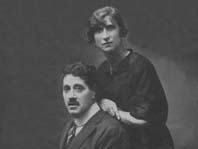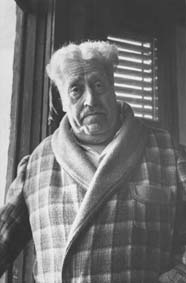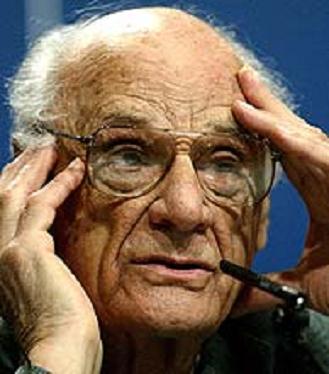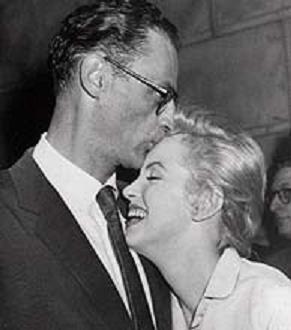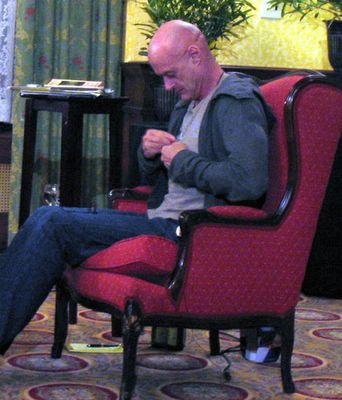
Tony Schwartz, former New York Times reporter and author of "What Really Matters: Searching for Wisdom in America," has called Ken Wilber "the most comprehensive philosophical thinker of our times." I think that is true. I had just finished reading his first book, "The Spectrum of Consciousness," which he wrote when he was 23. He was living in Lincoln, Nebraska, washing dishes for a living, meditating, and writing a book a year. Main Currents in Modern Thought, which published his first essay, was just about to go out of business, and it was my desire to keep alive the integrative focus and spirit that that journal represented. This, combined with my desire to work with Ken in doing so, prompted me to drag him into the publishing business. We were both about 27 at the time, and within a year or two we had ReVision up and running, based very much on the integral vision that we both shared and that Ken was already articulating in a powerful way. But it is exactly the comprehensive and integral nature of Wilber's vision that is the key to the sometimes extreme reactions that his work elicits. Wilber's approach does nothing less than offer a coherent integration of virtually every field of human knowledge, What is his actual method? In working with any field, Wilber simply backs up to a level of generalization at which the various conflicting approaches actually agree with one another. Take, for example, the world's great religious traditions: Do they all agree that Jesus is God? No. So we must jettison that. Do they all agree that there is a God? That depends on the meaning of "God." Do they all agree on God, if by "God" we mean a Spirit that is in many ways unqualifiable, from the Buddhists' Emptiness to the Jewish mystery of the Divine to the Christian Cloud of Unknowing? Yes, that works as a generalization—what Wilber calls an "orienting generalization" or "sturdy conclusion."
Wilber likewise approaches all the other fields of human knowledge: art to poetry, empiricism to hermeneutics, cognitive science to meditation, evolutionary theory to idealism. In every case he assembles a series of sturdy and reliable, not to say irrefutable, orienting generalizations. He is not worried, nor should his readers be, about whether other fields would accept the conclusions of any given field; in short, don't worry, for example, if empiricist conclusions do not match religious conclusions. Instead, simply assemble all the orienting conclusions as if each field had incredibly important truths to tell us. In other words, assemble all of the truths that each field believes it has to offer humanity. For the moment, simply assume they are indeed true.
Wilber then arranges these truths into chains or networks of interlocking conclusions. At this point Wilber veers sharply from a method of mere eclecticism and into a systematic vision. For the second step in Wilber's method is to take all of the truths or orienting generalizations assembled in the first step and then pose this question: What coherent system would in fact incorporate the greatest number of these truths?
The result is the "integral system" that Wilber has elaborated in his many books, a system that appears to incorporate the greatest number of orienting generalizations from the greatest number of fields of human inquiry. Thus, if it holds up, Wilber's approach incorporates and honors, it integrates, more truth than any other system in history.
The general idea is straightforward. It is not which theorist is right and which is wrong. Wilber's basic idea is that "Everybody is right"—that is, everybody has an important, if partial, truth—and Wilber wants to figure out how that can be so. "I don't believe," he says, "that any human mind is capable of 100 percent error." Or, as he often jokes, "Nobody is smart enough to be wrong all the time." So, Wilber concludes, "instead of asking which approach is right and which is wrong, we assume each approach is true but partial, and then try to figure out how to fit these partial truths together, how to integrate them—and not how to pick one and get rid of the others."
The third step in Wilber's overall approach is the development of a new type of critical theory. Once Wilber has the overall scheme that incorporates the greatest number of orienting generalizations, he then uses that scheme to criticize the partiality of narrower approaches, even though he has included the basic truths from those approaches. He criticizes not their truths, but their partial nature. In his integral vision, therefore, is a clue to both of the extreme reactions to Wilber's approach—that is, to the claims that it is some of the most significant work ever published, as well as to the chorus of angry indignation. The angry criticisms are coming, almost without exception, from theorists who feel that their own field is the only true field, that their own method is the only valid method. Regardless of what is decided, the stakes, as I said, are enormous. I asked Wilber how he himself thought of his work. "I'd like to think of it as one of the first believable world philosophies, a genuine embrace of East and West, North and South." Which is interesting, given that Huston Smith (author of The World's Religions and subject of Bill Moyer's highly acclaimed television series The Wisdom of Faith) recently stated as much when he observed, "No one—not even Jung—has done as much as Wilber to open Western psychology to the durable insights of the world's wisdom traditions. Slowly but surely, book by book, Ken Wilber is laying the foundations for a genuine world integration."
At the same time, Ken adds, "People shouldn't take it too seriously. It's just orienting generalizations. It leaves all the details to be filled in any way you like." In short, Wilber is not offering a conceptual straightjacket. Indeed, it is just the opposite: "I hope I'm showing that there is more room in the Kosmos than you might have suspected."
 "Borrarse, ser solo huella" (Orense, 1929-Ginebra, 2000).
"Borrarse, ser solo huella" (Orense, 1929-Ginebra, 2000).
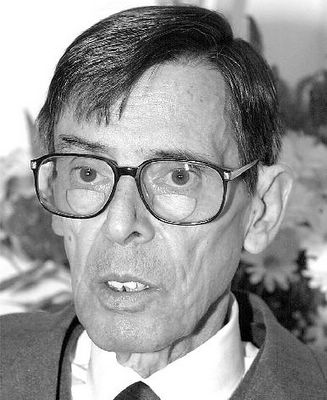 "La poesía no sólo no es comunicación; es, antes que nada o mucho antes de que pueda llegar a ser comunicada, incomunicación, cosa para andar en lo oculto."
"La poesía no sólo no es comunicación; es, antes que nada o mucho antes de que pueda llegar a ser comunicada, incomunicación, cosa para andar en lo oculto."
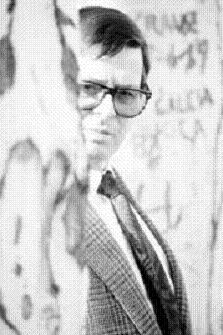 "El poema nace con su gestación, al igual que en el Tao la gestación es ya el nacimiento del ser humano"
"El poema nace con su gestación, al igual que en el Tao la gestación es ya el nacimiento del ser humano"
 "Nunca te quieras satisfacer/ en lo que entendieres,/ sino en lo que no entendieres" San Juan de la Cruz. Cántico espiritual I, 12
"Nunca te quieras satisfacer/ en lo que entendieres,/ sino en lo que no entendieres" San Juan de la Cruz. Cántico espiritual I, 12

